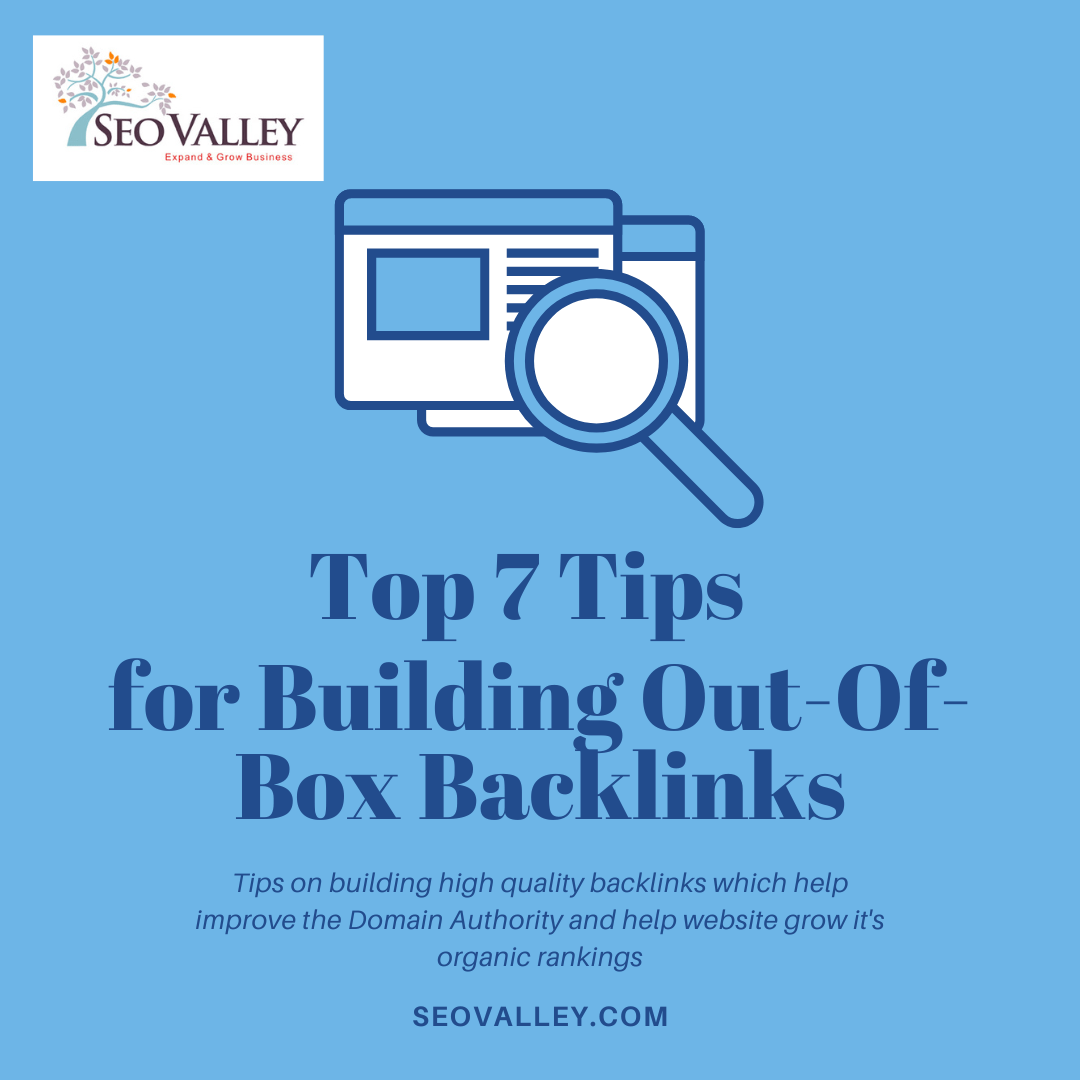Search engine optimization, SEO, and search marketing are terms that have been long thrown around in web marketing circles. If for years you’ve ignored the importance of search optimization, or you do not have the slightest idea of what it can do for your business, it is high time that you take a crash course on the subject because you are more than likely missing out on great opportunities to attract potential customers via organic searches.
SEO has definitely gone past its buzzword status, because unlike other passing industry trends, it is here to stay. This is because search engines are the cornerstones of the web and they are the standard go-to place of web users who are looking for information on things they need and answers to the questions they have. Understanding the most basic tenets of search engine optimization is extremely important because SEO is the key to keeping your business visible, present, relevant, and searchable to end users. When people search for terms related to your business or your offerings, they are more likely to come to your site and in turn, convert into potential customers. Understanding the basic principles of SEO will help you get in on its benefits and maximize your website’s potential in attracting targeted users.
- SEO or search engine optimization is the process of aligning your website and all its elements to the recommendations and standards of search engines, through which you can achieve increased visibility in search results and in turn get increased traffic to your website and web pages. When search engines return search results, they list down web pages, listings, videos, etc., based on their relevance as determined by carefully set algorithms. While these algorithms aren’t made available to the public and can only ever be known to search engineers, search engines do provide legitimate guidelines to follow so that website owners can increase their chances of getting the coveted top spots in listings. They provide lists of standards that can help or hurt a website’s rankings.
- SERP or search engine results page is the term used to describe the listing or the ranking order presented to the users after a search query. Websites that practice good SEO receive strong rankings in searches and are therefore more visible to end users. Businesses that are prominently featured in SERPs are more likely to receive quality traffic than those that are way behind.
- Keywords ideally make the SEO world go around. In fact, they were at one time the most important components of an SEO strategy. Today, the key terms remain as the prominent elements of SEO as they are the very words that web searchers use to get to the websites they want to visit. Incorporating the proper keywords and key phrases into your website content is a huge part of optimization as this determines the site’s relevance to a particular search.
- Search engine optimization is so much more than on-page optimization as search rankings are now impacted by many other signals, like social media signals. Businesses that cultivate strong social network presence and maintain visibility in different social channels tend to rank higher in searches because engines now factor in their social network relevance. Promoting content on different social platforms, can therefore help you boost your business’ search engine ranking.
- Search engine optimization has plenty to do with producing superior quality content. While manipulative tactics that feign relevance may have worked in the past, search engines are now more intelligent in that they are focused on quality content rather than how many times a particular keyword is repeated within website copy. SEO nowadays is more focused on creating valuable, engaging, fresh, and unique content that satisfies the needs of end users.










